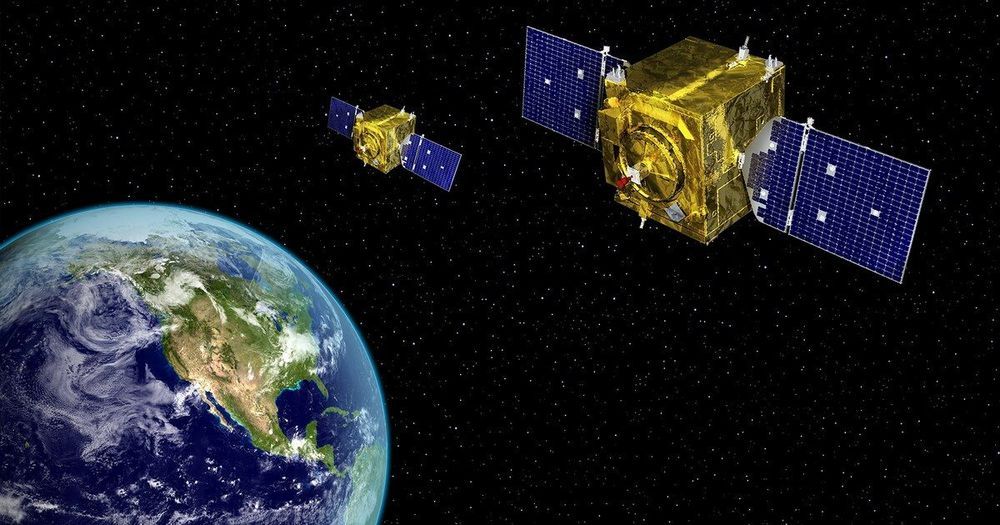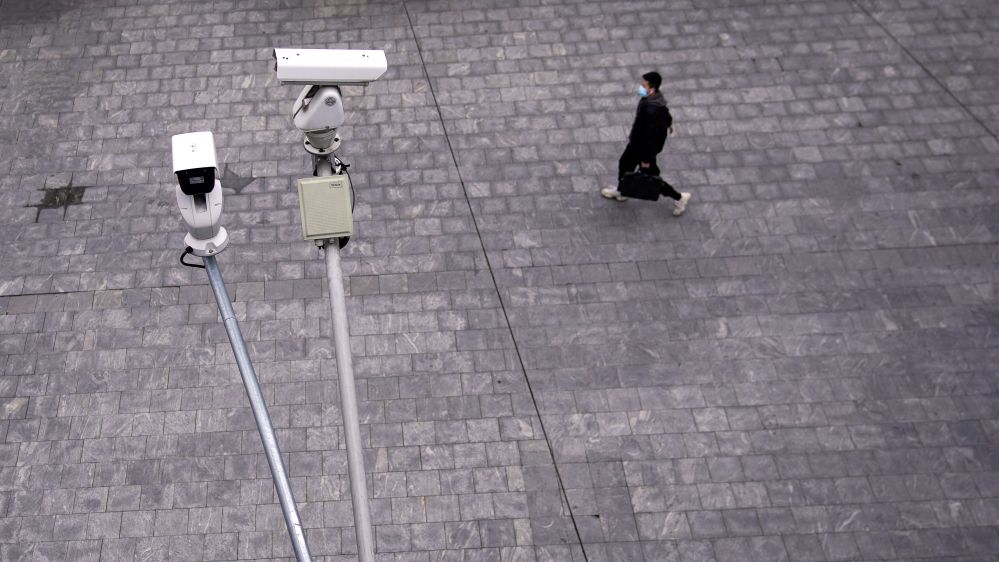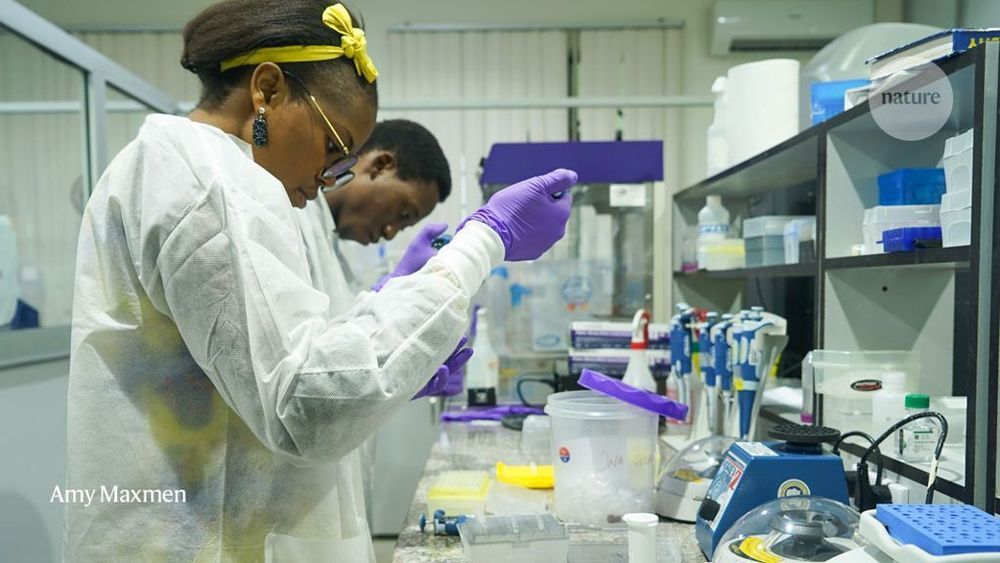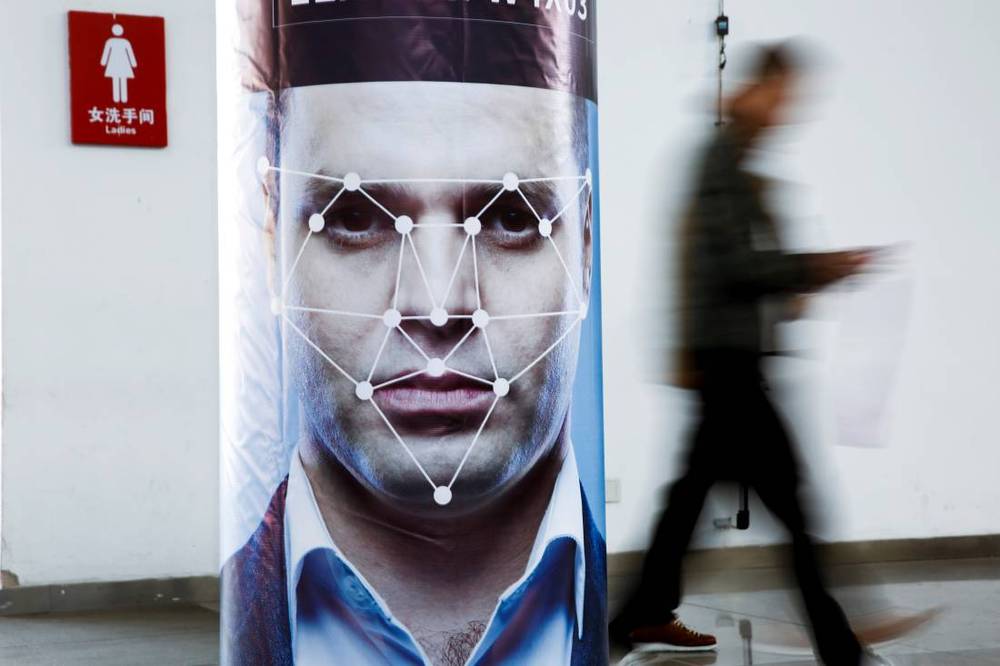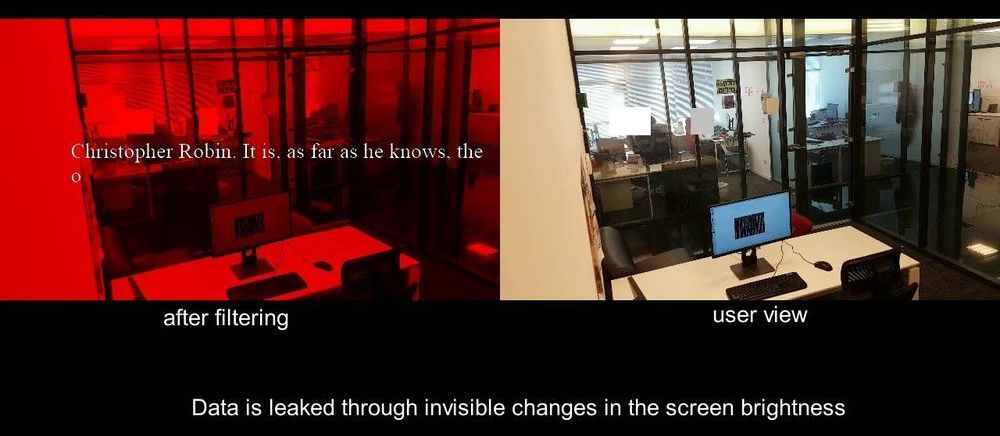Love this convergence of metaverse and fighting censorship with style. Wonder when Microsoft will start getting pressure about this or other kinds of content.
Most of us live in countries where freedom of speech is considered a fundamental human right and it would be hard to imagine living in a different state than that. However, not all of us are blessed with this sometimes overlooked right as there are a number of countries in this world where governments actively censor their citizens, especially those whose profession is to report facts. Journalists.
In a number of places around the world, journalists are banned, jailed, exiled, and even killed for their words. In order to make their message heard and reach the places where they’re banned, Reporters Without Borders (RSF) opened a special type of library that could reach millions. They built it in Minecraft.
The creators reason their choice by explaining the library’s accessibility: ” Reporters Without Borders (RSF) used this backdoor to build ” The Uncensored Library”: a library that is now accessible on an open server for Minecraft players around the globe. The library is filled with books containing articles that were censored in their country of origin. These articles are now available again within Minecraft—hidden from government surveillance technology inside a computer game. The books can be read by everyone on the server, but their content cannot be changed. The library is growing, with more and more books being added to overcome censorship.”

